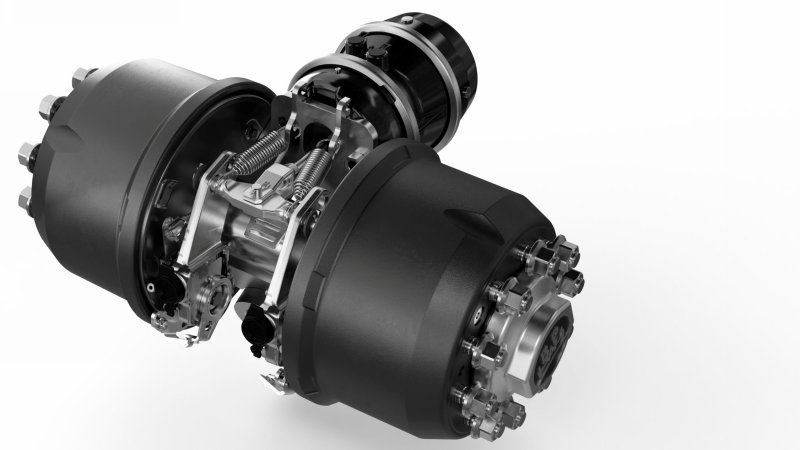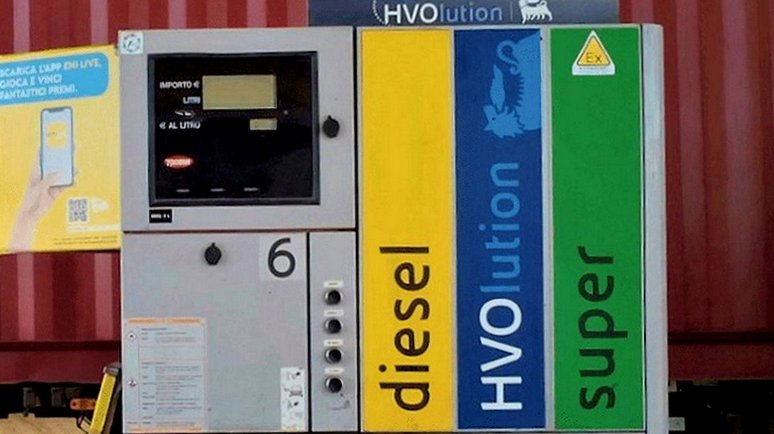From 1 January 2024, commercial vehicles engaged in international transport within the European Union must install the second-generation smart (or intelligent) tachograph. This applies even to vehicles previously fitted with analogue or non-smart digital tachographs (for those equipped with first-generation smart tachographs, the deadline is 28 August 2025). However, in 2024, some European countries experienced delays in the installation process, unrelated to transport operators' intentions. Consequently, several governments requested the European Commission to permit a "grace period" — a temporary suspension of penalties. Brussels approved this grace period for the first two months of 2025, lasting until 28 February.
It is important to note that the penalty exemption is optional for individual states and not mandatory. Therefore, operators engaged in international road transport and yet to retrofit their vehicles must ascertain which EU countries are applying the grace period. Assistance in this regard has been provided by the Romanian association UNTRR, which conducted a survey in early January to identify the countries that have already decided not to penalise non-compliant trucks.
Among these countries is Italy, where the Ministry of the Interior has established a "learning period" until 28 February 2025, during which enforcement authorities have been instructed not to issue fines. It is also worth noting that, as of 1 January 2025, drivers are required to store 56 days' worth of data (instead of the previous 28 days) on their tachograph cards. Existing cards support this functionality, but in cases where this is not feasible, the Ministry has mandated that drivers must print daily activity records.
Other European countries that have opted to apply the grace period for second-generation smart tachographs — albeit under varying terms — until 28 February include Spain, France, Luxembourg, Croatia, Greece, and Bulgaria. Notably, Switzerland, despite not being an EU member, has also adopted this approach.







































































